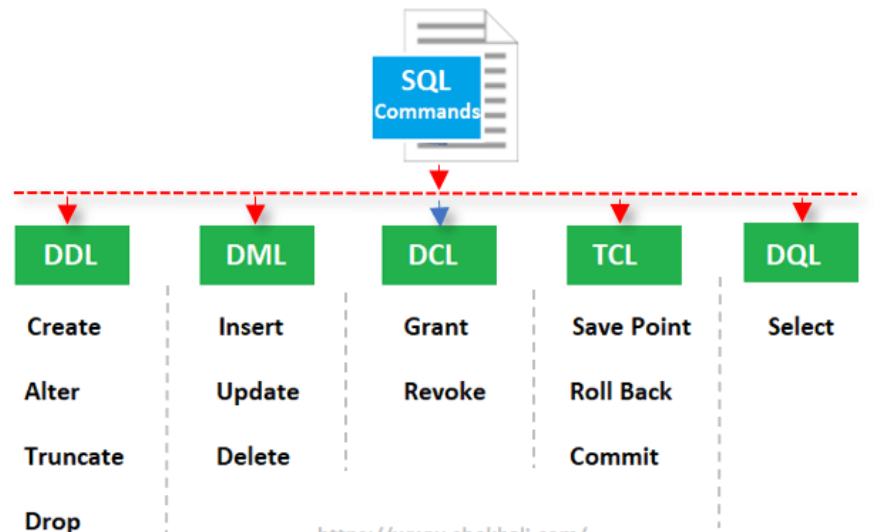SQL Overview
SQL, which stands for Structured Query Language, is a domain-specific programming language designed for managing and manipulating relational databases.
It is the standard language used for communicating with and querying databases.
SQL Overview:
-
Relational Databases: SQL is primarily used with relational database management systems (RDBMS), such as MySQL, PostgreSQL, Microsoft SQL Server, Oracle Database, and SQLite. These databases store data in structured tables with rows and columns, and SQL is used to interact with and manage this data.
-
Data Manipulation: SQL provides a set of commands for performing various operations on data stored in a database. These operations include:
- SELECT: Used to retrieve data from one or more tables.
- INSERT: Used to add new records to a table.
- UPDATE: Used to modify existing records in a table.
- DELETE: Used to remove records from a table.
-
Data Definition: SQL also includes commands for defining and managing the structure of the database. These operations include:
- CREATE TABLE: Used to define a new table and its columns.
- ALTER TABLE: Used to modify the structure of an existing table.
- DROP TABLE: Used to delete a table and its data.
- CREATE INDEX: Used to create indexes to improve query performance.
-
Data Retrieval and Filtering: SQL allows you to retrieve data from one or more tables based on specific criteria using the WHERE clause. You can also perform sorting and grouping of data using ORDER BY and GROUP BY clauses.
-
Join Operations: SQL supports joining multiple tables together to retrieve data from related tables. Common types of joins include INNER JOIN, LEFT JOIN (or LEFT OUTER JOIN), RIGHT JOIN (or RIGHT OUTER JOIN), and FULL JOIN (or FULL OUTER JOIN).
-
Aggregation Functions: SQL provides aggregation functions like SUM, AVG, COUNT, MIN, and MAX to perform calculations on groups of data, often used with the GROUP BY clause.
-
Data Integrity: SQL includes constraints such as primary keys, foreign keys, unique constraints, and check constraints to enforce data integrity and maintain data accuracy.
-
Transactions: SQL supports transactions to ensure that a series of database operations either all succeed or all fail, maintaining data consistency.
-
Security: SQL databases often have user authentication and authorization mechanisms to control who can access and modify the data.
-
Views and Stored Procedures: SQL allows you to create views (virtual tables) and stored procedures (predefined sets of SQL statements) for better data organization and application logic.
-
Normalization: SQL databases are designed to follow normalization rules, which help eliminate data redundancy and maintain data integrity.
-
Indexing: SQL databases use indexes to speed up data retrieval by providing a quick lookup mechanism for specific columns.
SQL is an essential tool for working with databases, whether you are a database administrator, a data analyst, a software developer, or anyone who needs to interact with structured data efficiently and effectively.
It provides a powerful and standardized way to manage and query relational databases.
